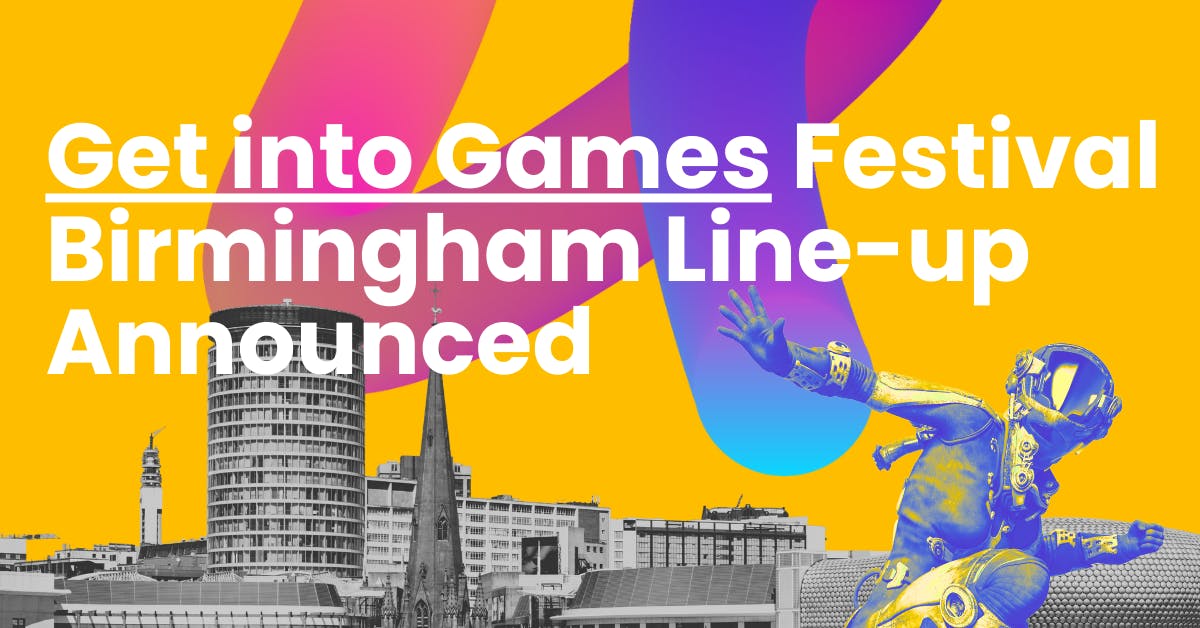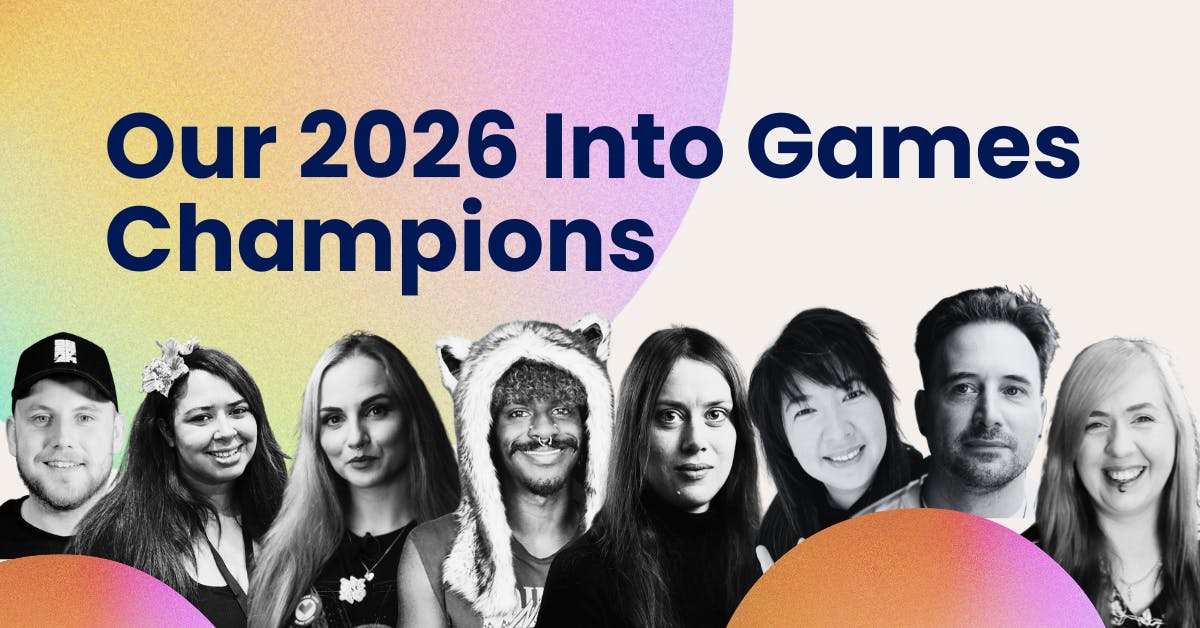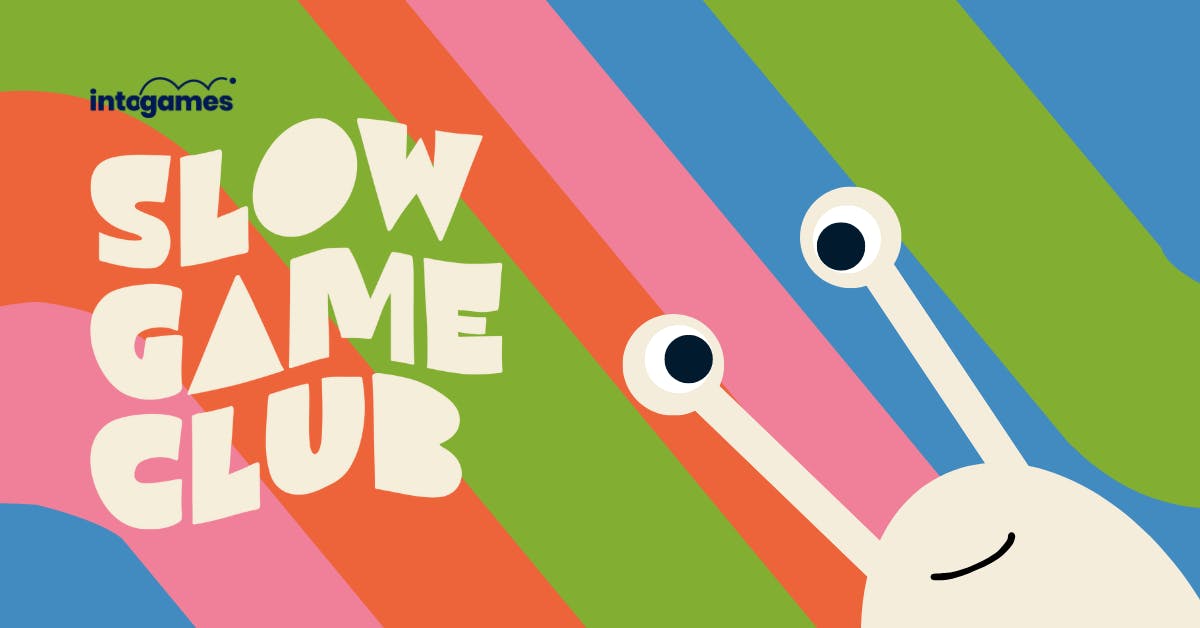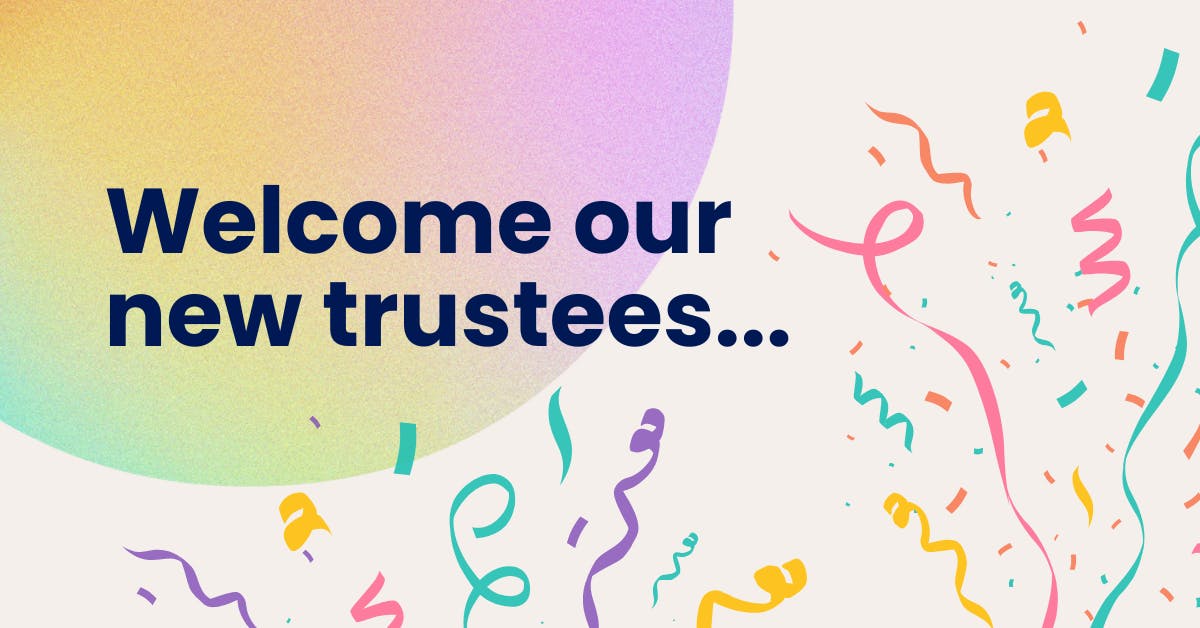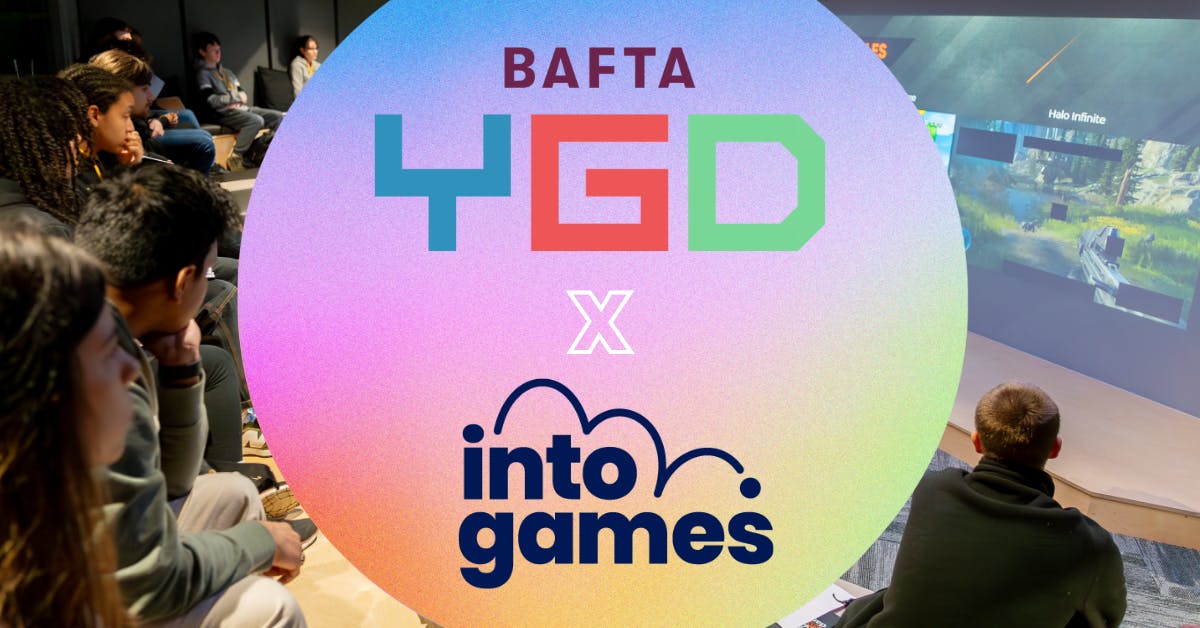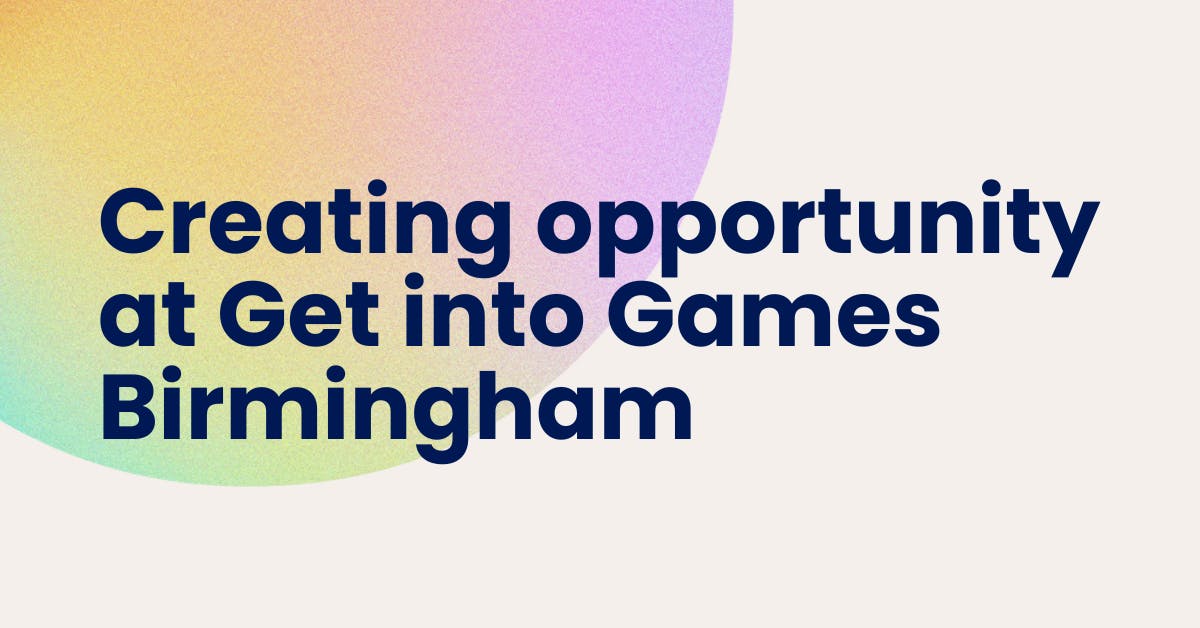
7 October 2020
What does a System Designer in games do?

Álvaro E. Arias started working on mobile games, developing a free to play racing game called Asphalt Xtreme before making the leap to AAA games, working as a Game Designer for Studio Gobo. Álvaro has worked on Ubisoft’s For Honor, which he focused on AI scripting and encounter design and his most recent work has focused in on System Design. We asked Álvaro, some key questions about getting into the games sector.
Explain your role like I'm 5 years old
How many monster parts do you need to add to that potion? How much time should a plant take to grow in this game? Should that weapon deal more damage? That’s the kind of question a System Designer answers every day.
A system is a group of elements working together towards the same goal. As System Designers, we are given a goal and our job is to take care of each of the game elements and their interactions to make sure they achieve it.
Or, to put it simply, we tweak the numbers, calculations and curves that run under the game to make sure it is as enjoyable and engaging as possible.
Take us through your average day at work
My day at work will start with a cup of coffee and reading the latest on gaming news, forums, communities, etc. This may sound silly, but it is a very important part of the job: I need to stay in touch with the current trends, what people play, what are they complaining about and how other developers are solving these issues. I usually focus on system-heavy games that have very active communities and are constantly being patched, like League of Legends or Magic the Gathering, to give a couple of examples.
Anyway, moving to the actual working part of the job…
As most designer jobs, a System Design task usually start with a need or a problem. Something like “We want players to mine more gold, they only care about gems right now”.
My first stop is usually a resource flow, a conceptual map where I can find how resources are generated and how are spent in the game (a piece of documentation that is also my responsibility to do and keep updated). This problem suggests I should probably focus on how gold is spent, or rather “what can a player ‘buy’ with gold”. It is likely there is nothing exciting there. Or maybe the issue is that everything that can be bought with gold, can also be bought with gems, which makes it an obsolete resource.
The next step is brainstorming solutions and finding the best one. If we are in the early stages of the project, like prototyping, I can work on a new system that uses that gold for something exciting, like special items that can only be crafted from it. It would be my job to outline that new system, document it, pitch it to my colleagues, work on the feedback and talk to programmers to make sure it makes sense for the game.
If, on the contrary, we are on later stages and we don’t have the scope to keep adding new features, what I have to do is tweak and balance what we already have there. Maybe we are giving too many gems? Maybe I can repurpose this crafting station so players can convert one resource into another? Change recipes so more items require gold? There are a lot of possibilities, and usually I end up trying several before I find the correct one.
Did I mention Excel? Excel sheets are the bread and butter of any System Designer.
What was your educational and career journey into your current role?
I always loved games, but I thought I would never work developing them. “It’s a fantasy job” I said to myself, “I’m not smart enough to work on that”.
So my high school studies focused on science. I wanted to be a doctor. Though that didn’t last for long. Instead, I studied audio-visual communications in college. I always liked entertaining people through technology, so I wrote stories, filmed shorts, I had a weekly podcast we recorded in the college’s radio station… I tried a bit of everything, really. And while I had fun with all of it, I didn’t find it fulfilling enough.
Halfway through college, I finally realized it: games were what I always loved, what always stayed with me and what really drove me forward. So that’s what I should focus on. My degree showed me game development wasn’t a fantasy, and I focused all my efforts, both inside and outside of college, on learning about game design.
When I finished college, I took a master’s degree in Game Design. I worked hard and my teachers noticed it. They helped me find my first internship and, eventually, my first job in the industry.
What do you love most about your role?
I love those days where I can dig deep in an Excel sheet and stay there for 4-5 uninterrupted hours. I also love that moment when all numbers click and come together in-game just like in my flows
What's the hardest thing about your role?
People won’t fully understand what you are doing, no matter how much you try to explain it. That’s both a boon and a bane, really. Sometimes you will really struggle to make your colleagues understand why some of your low-level decisions matter.
On the other hand, it gives you a lot of independence. Which I enjoy.
What key skills should people work on to do your role one day?
Excel. Excel is crucial. Learn to use formulas and cross-reference data and you will have a very powerful tool for all your systemic adventures.
Of course, maths is welcomed. Particularly economics and statistics. It’s one of the things I regret the most: I abandoned maths as soon as I thought I wouldn’t be needing it. And I was wrong.
And some basic coding/scripting knowledge is very valuable. I’m not a programmer, but the more scripting I learn, the more I understand what I’m actually asking my colleagues when I pitch a new system to them.
Beyond all of this, make sure to dive deep into games (video, board, mobile, free or paid): play a lot, prototype a lot, analyse everything. Why did you like that one? Why do you hate this genre? Why is this popular? Play, analyse and keep yourself up to date. And start doing resource flows like… right now.
What advice would you give to your younger self looking to get started in the industry?
Believing in myself from the beginning. I thought I couldn’t be a Game Designer, so I ended up walking the extra mile before ending here.
I wish I could go back and keep studying maths or even do a programming degree instead of audio-visual communication. What I know makes me unique, though! I have helped a lot with cinematics and missions, now that my team knows I have experience in narrative.
Do you have any links to good articles or videos that you think might give some tips or advice to someone starting in your role?
Play, watch game stuff on Youtube, listen to podcasts, read Reddit, keep playing.
Prototype, paper or PC. Just try stuff. I started with RPG Maker and I’m now working on a triple-A project made in Unreal 4. Everything is useful, so don’t stop learning, ever.
If you are starting with Game Design, “The door problem” is a classic blog post to understand what we do: http://www.lizengland.com/blog/2014/04/the-door-problem/
Video-wise, most people know about Game Maker’s Toolkit and Extra Credits, so I usually recommend Matthewmatosis instead: https://www.youtube.com/user/Matthewmatosis
Stay up to date
It's time to level up your inbox
Pick which newsletters you're interested in receiving, and customise further by specifying a discipline.
Join our mailing listTell me more
